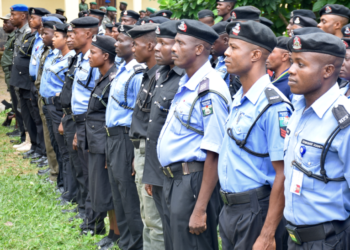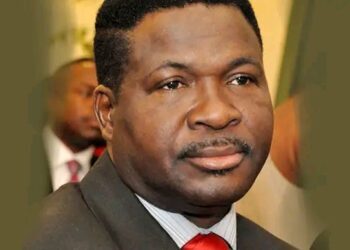Mr Festus Osifo, President, Petroleum and Natural Gas Senior Association of Nigeria (PENGASSAN), has identified reasons for persistent queues in filling stations across the country.
Speaking at the ongoing 2024 PENGASSAN Energy and Labour Summit (PEALS 2024), in Abuja on Thursday, Osifo identified weak and outdated distribution chains as reason for the queues.
“The distribution chain is weak in the downstream sector of the oil and gas industry.
“That is why today, you see queues in most of the stations. The problem may be solved today, but tomorrow it will resurface.
“Nigeria’s distribution chain is outdated and insufficient to meet the demands of its large population.
“There is no country in the world as big as Nigeria, with our population, that relies on a single point of product importation and uses trucks to distribute across the nation,” he said.
Osifo also attributed insufficient supply of fuel across the filling stations in the country to bad roads and flooding, leading to scarcity.
The (PENGASSAN) President called for urgent reforms to address the challenge.
He also called on the government to develop and strengthen the country’s value chain to ensure a more efficient and reliable distribution system.
Osifo noted that without the improvements, the country would continue to face recurring fuel shortages.
He said, other challenges I the sector included, high cost of local production, which according to him, is 15 per cent to 20 per cent higher than in other parts of the world.
He said the high production cost is partly due to the burden of security in the oil and gas companies.
He urged the government to take over the security responsibilities from investors, to, significantly, reduce production costs.
He also called on the government to strengthen laws and sanctions against those involved in oil theft.
Osifo advocated harsher penalties to deter bad behaviours and encourage integrity within the industry.(NAN)











